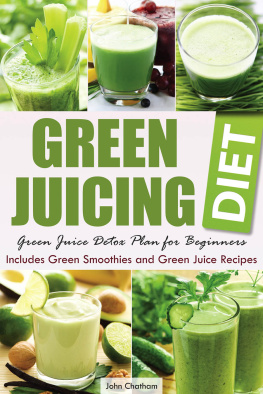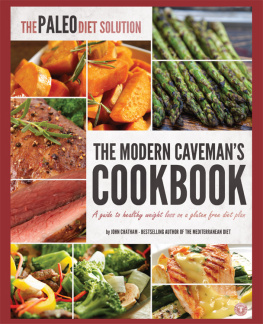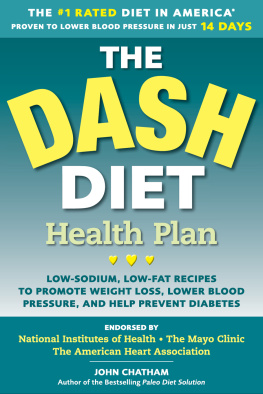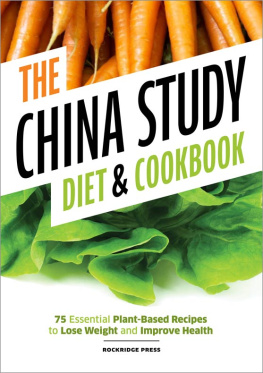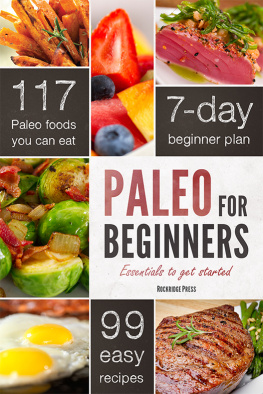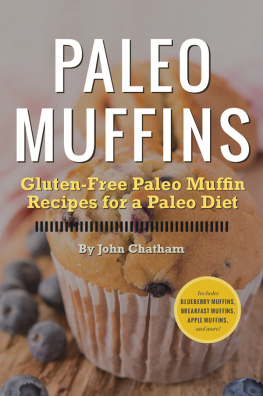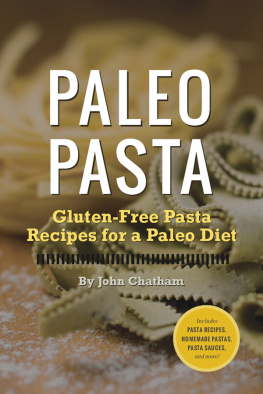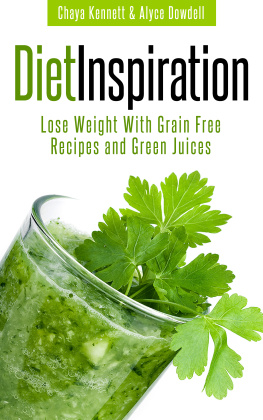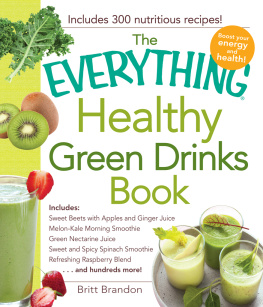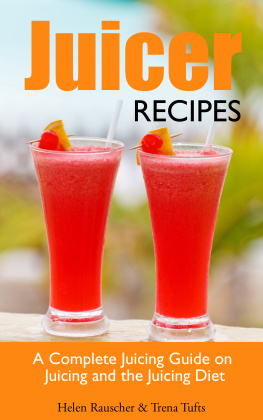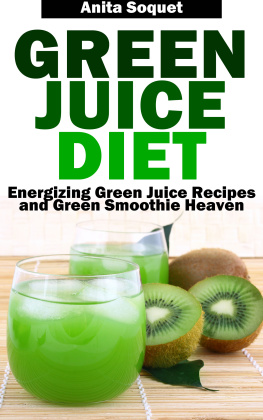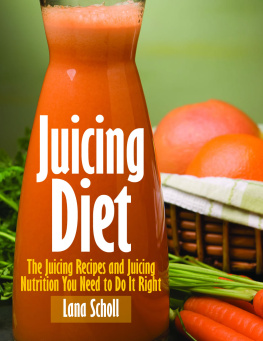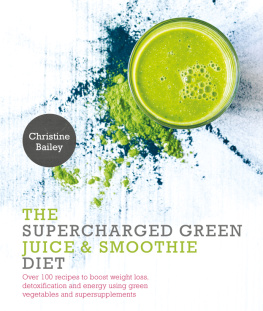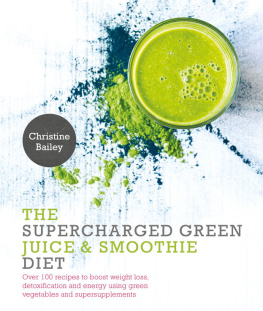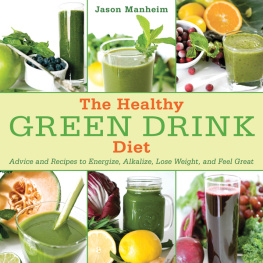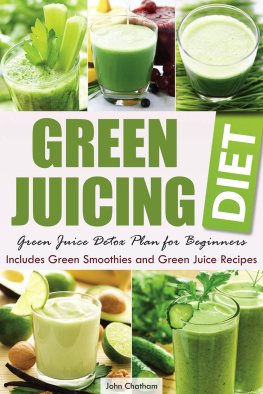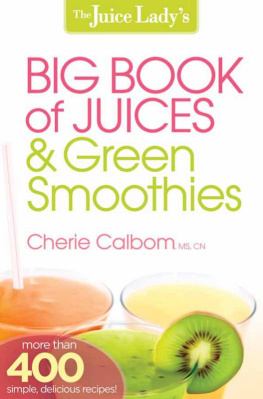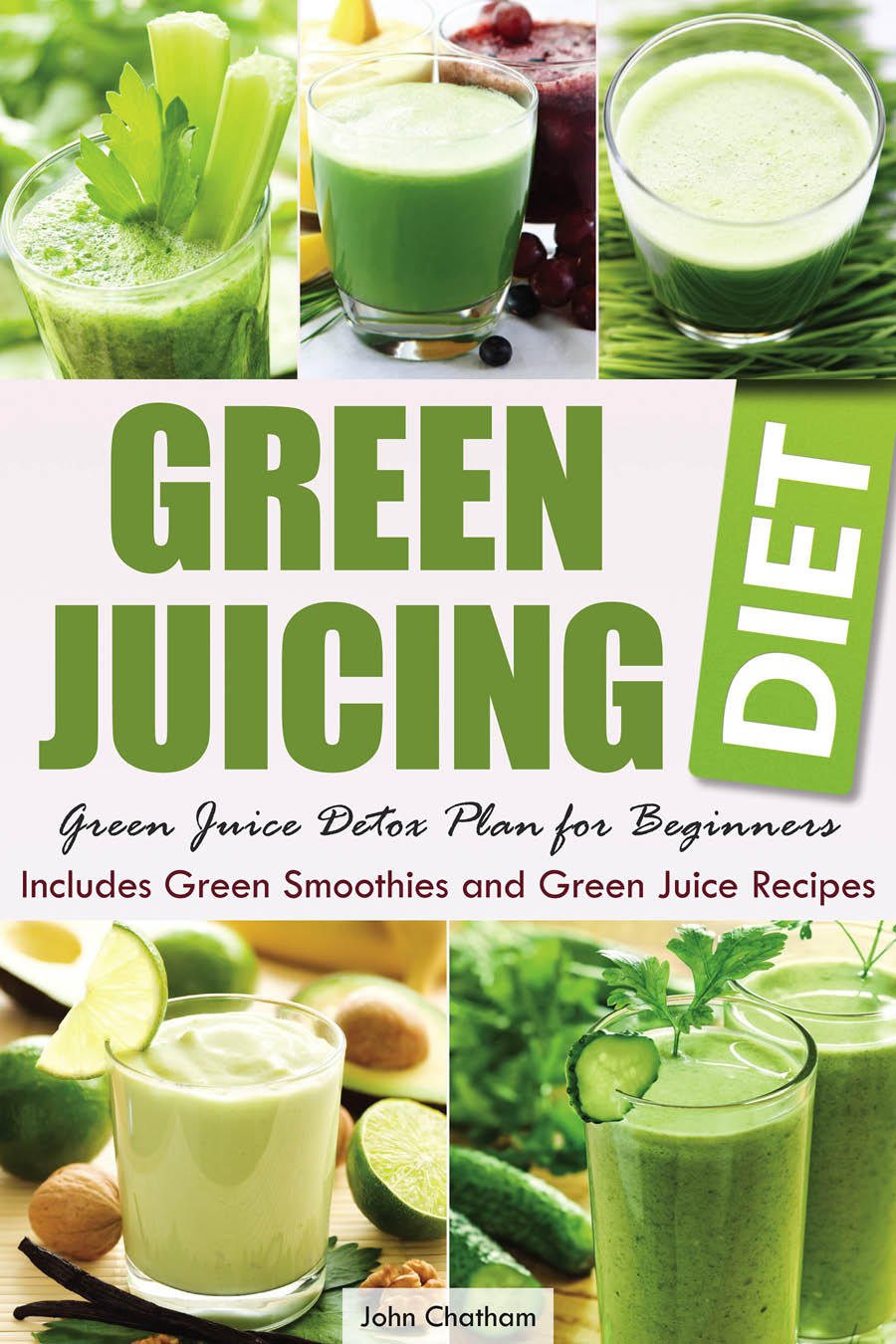
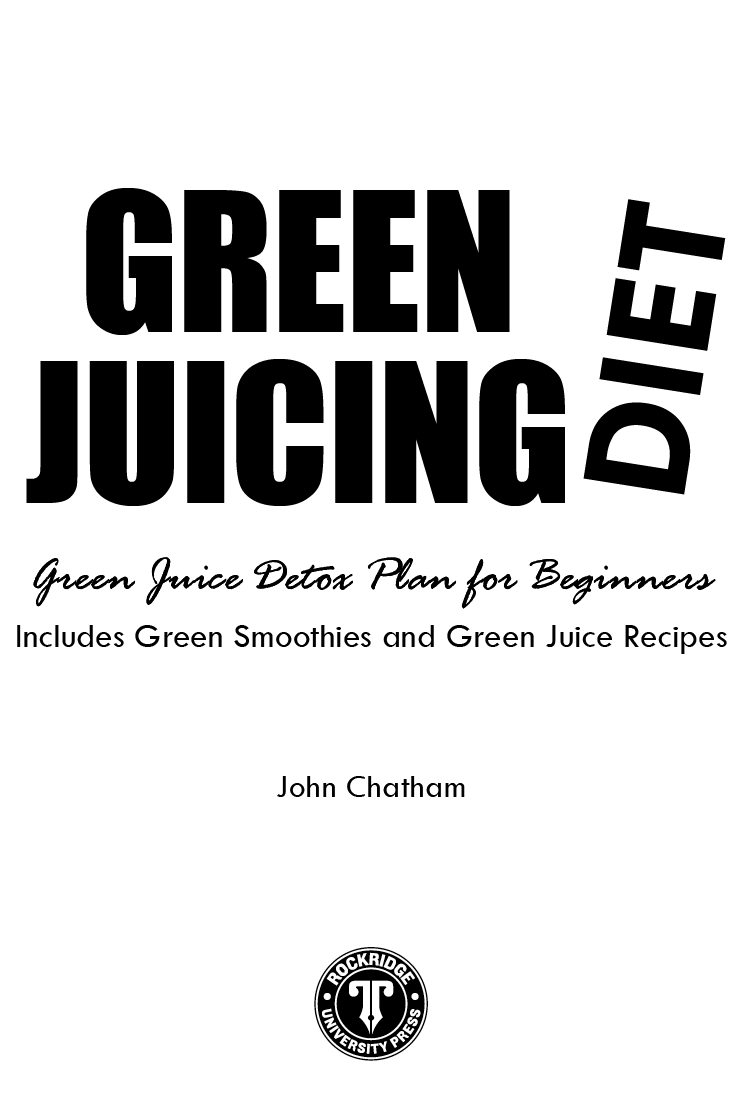
Copyright 2012 by Rockridge University Press, Berkeley, California
No part of this publication may be reproduced, stored in a retrieval system or transmitted in any form or by any means, electronic, mechanical, photocopying, recording, scanning or otherwise, except as permitted under Sections 107 or 108 of the 1976 United States Copyright Act, without the prior written permission of the Publisher. Requests to the Publisher for permission should be addressed to the Permissions Department, Rockridge University Press, 918 Parker St, Suite A-12, Berkeley, CA 94710.
Limit of Liability/Disclaimer of Warranty: The Publisher and the author make no representations or warranties with respect to the accuracy or completeness of the contents of this work and specifically disclaim all warranties, including without limitation warranties of fitness for a particular purpose. No warranty may be created or extended by sales or promotional materials. The advice and strategies contained herein may not be suitable for every situation. This work is sold with the understanding that the publisher is not engaged in rendering medical, legal or other professional advice or services. If professional assistance is required, the services of a competent professional person should be sought. Neither the Publisher nor the author shall be liable for damages arising herefrom. The fact that an individual, organization or website is referred to in this work as a citation and/or potential source of further information does not mean that the author or the Publisher endorses the information the individual, organization or website may provide or recommendations they/it may make. Further, readers should be aware that Internet websites listed in this work may have changed or disappeared between when this work was written and when it is read.
For general information on our other products and services or to obtain technical support, please contact our Customer Care Department within the U.S. at (866) 744-2665, or outside the U.S. at (510) 253-0500.
Rockridge University Press publishes its books in a variety of electronic and print formats. Some content that appears in print may not be available in electronic books, and vice versa.
TRADEMARKS: Rockridge University Press and the Rockridge University Press logo are trademarks or registered trademarks of Callisto Media Inc. and/or its affiliates, in the United States and other countries, and may not be used without written permission. All other trademarks are the property of their respective owners. Rockridge University Press is not associated with any product or vendor mentioned in this book.
ISBNs: Print 978-1-62315-054-9 | eBook 978-1-62315-055-6
TABLE OF CONTENTS
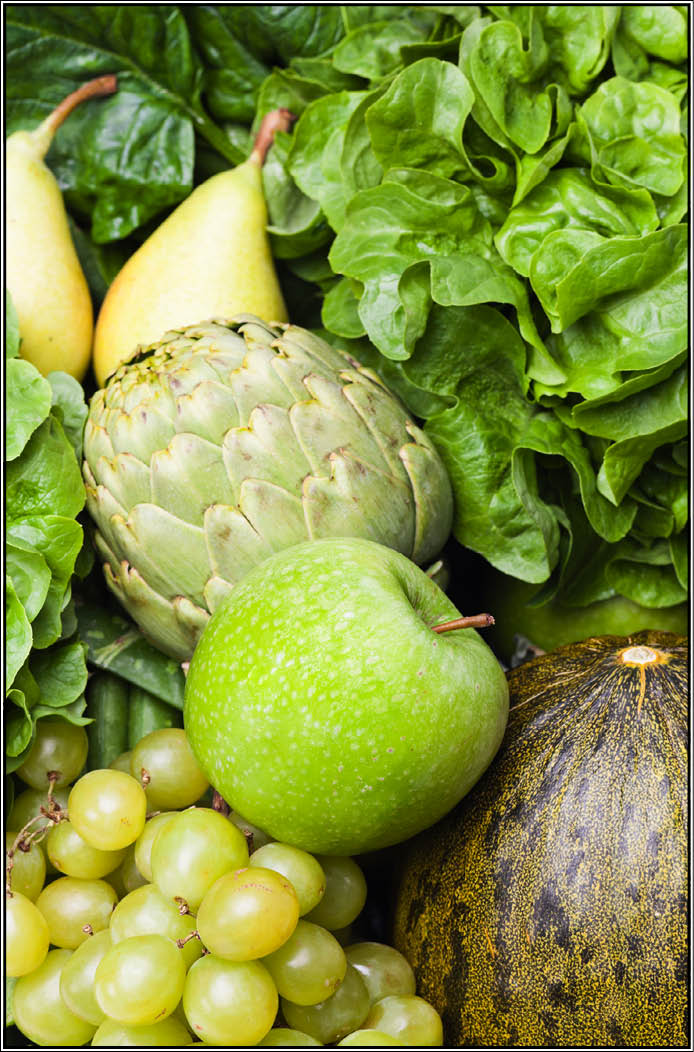
INTRODUCTION
A s we learn more about the functioning of the human body, we constantly strive to find better ways to keep it healthy and make it more efficient. Naturally, we want to be free of pain and disease in order to live our lives to the fullest. We also want to look good while we do this, and as we approach health from a more holistic point of view, were learning that how we look and feel and how we perform are all intertwined. Were also learning that we get out of our bodies what we put into them. In other words, we really are what we eat.
Now that we understand that we have much more control over disease and aging than we once believed, we are significantly more selective about what we put into our bodies. Were decreasing our intake of bad fats and simple sugars and increasing our consumption of nutrient-rich vegetables and fruits. Were also becoming aware that not all cooking methods yield the same nutritional value.
Cooking often kills healthy enzymes and damages nutrients found in raw foods, so the search is on for better ways to eat raw. After all, sitting down and eating three apples, five leaves of kale, four carrots, and a raw beet takes time that most of us dont have. This is how we ended up eating fast food (gasp!) to begin with, so whats the answer? Juicing!
In just ten or fifteen minutes, you can toss your choice of fruits and vegetables into your juicer or blender and have an entire meals worth of nutrients in a to-go glass. The only question is where to start. Juicing can seem like a daunting task, but throughout the following pages, youll find all you need to know about the process, plus a collection of delicious recipes to put it into practice.
Why Go Green?
There are about a thousand varieties of vegetables and fruits that you could potentially add to your juice or smoothie, so whats the big deal about the green ones? In Chapter 1, were going to discuss what it is about these emerald-colored bits of healthful deliciousness that make them the cream of the crop. Well also touch on the technical and nutritional differences between juices and smoothies.
Going Green
In Chapter 2, well answer some of the top questions that beginning juicers and smoothie makers have about the process, ranging from technical questions about the physical method of juicing, to issues regarding nutrition and health, so stick around. Chances are pretty good youll find all the answers you need. Well also give you thirteen helpful tips to get started, including how to choose the right produce and how to store your juice in order to preserve the most nutrients.
Blending Versus Juicing
In Chapter 3, well go into a bit more detail about why you may choose juicing over blending or vice versa. Well also discuss different types of blenders and juicers to give you a better idea of what to look for when you actually go shopping. There are literally dozens of different kinds on the market, and if you search blindly, chances are pretty good youll end up unsatisfied with the machine you purchase.
The Goods on the Greens
In order to know what produce to choose, its a good idea to understand what each one brings to the table. In Chapter 4, well take a close look at the nutritional value of the top fruits and vegetables. Well also talk about the flavors of each so youll know how to pair it with others. As a bonus, weve thrown in a quick reference page listing each fruit and vegetable that tells you approximately how much juice it will yield.
One of the common misconceptions about green juices or smoothies is that you can only use green vegetables. Were going to debunk this myth and reveal some tasty additions that will really add zest and personality to your drink. After all, just because its healthy doesnt mean that it has to taste bland or unpleasant!
Cleansing and Fasting
Some people just want to add green juice or a smoothie to a healthy diet in order to reap the benefits of the extra nutrients. You may also choose to go on a green juice fast or undergo a green juice cleanse to detoxify your body and cleanse your digestive tract. This isnt a good idea for everyone, but it can be extremely beneficial under the right circumstances. In Chapter 5, well discuss this special subset of juicing to give you a better understanding of what this is, what to expect, and whether or not this may be something you want to do.
Getting Started in Juicing
Now that you know what green juicing is and why you should try it, were going to get you started. In the final chapter of this book, youll learn about how consuming juices or smoothies can help you surmount various health issues, and well provide some great-tasting recipes to get you going.

